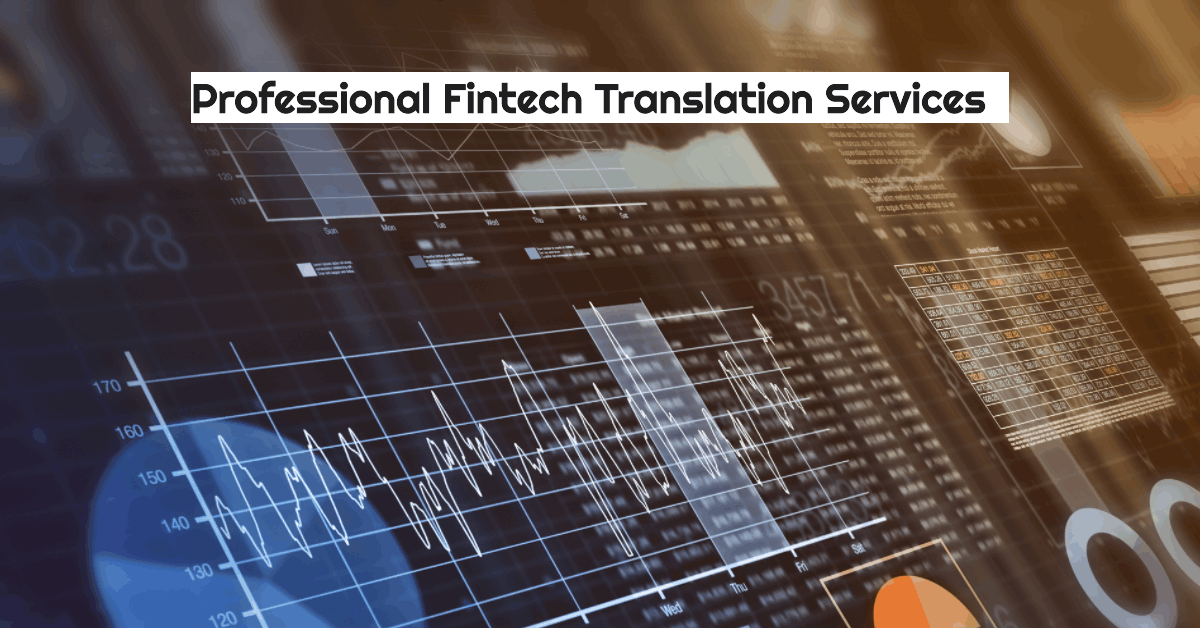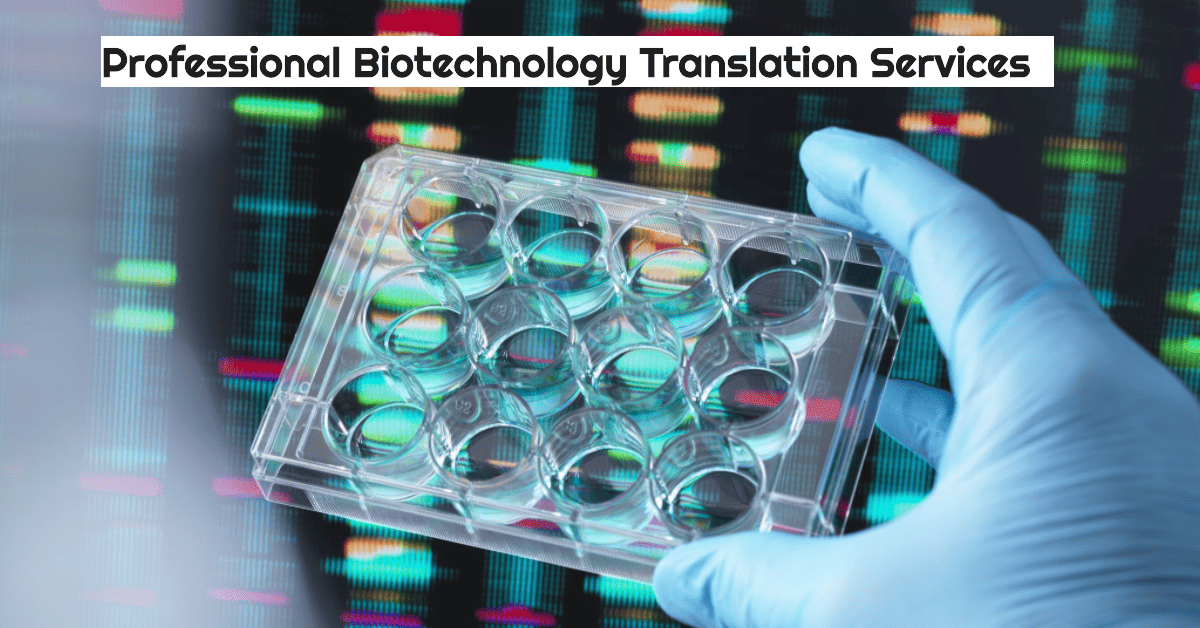Professional Industrial Translation Services for Technical Document Translation
In today’s globalised economy, industrial translation services play a critical role in ensuring that businesses effectively communicate across language barriers.
As industries such as manufacturing and mining expand their operations internationally, the need for accurate translations of documents becomes imperative.
This article delves into the significance of professional translation services, how to choose the right translator, the types of documents that require translation, the challenges faced in industrial document translation, and the benefits of utilising translation solutions for businesses.
What Are Industrial Translation Services and Why Are They Important?
Definition of Industrial Translation Services
Industrial translation services encompass the translation of documents and materials tailored specifically for industrial companies operating in various sectors, including manufacturing, mining, and automation.
These services are designed to ensure that technical content is accurately translated, maintaining the integrity of the original message while adapting it to the target language.
Professional technical translators who specialise in industrial translations possess a deep understanding of both the language and the technical terminology relevant to the industry, enabling them to deliver precise translations that are crucial for effective communication.
Importance of Accurate Translations in Industry
Accurate translations are vital in the industrial sector for several reasons.
First, they ensure compliance with legal regulations and standards that differ from one country to another. For instance, technical documents such as technical drawings, safety manuals, and regulatory filings must be translated with utmost precision to avoid costly misunderstandings or legal ramifications.
Additionally, accurate translations are essential for the successful execution of projects, as they facilitate clear communication between international teams and stakeholders. Misinterpretations due to poor translations can lead to errors in manufacturing processes, impacting product quality and overall organisational efficiency.
How Industrial Companies Benefit from Professional Translation
By leveraging professional translation services, industrial organisations can significantly enhance their operations.
Firstly, they can improve their market reach, allowing them to tap into new markets and expand their customer base. When companies communicate effectively in the local language, they build trust with potential clients, thereby increasing the likelihood of successful transactions.
Furthermore, professional translators can help organisations streamline their documentation processes by providing consistent terminology across all translated materials. This consistency not only aids in maintaining brand integrity but also enhances user experience for end customers who rely on clear and accurate documentation for products or services.
How to Choose the Right Translation Provider for Your Document Translation Needs?
Qualities to Look for in a Professional Translator
Choosing the right industrial translation provider for your document translation needs is crucial for achieving quality results.
When selecting a professional translation provider, it is important to consider their linguistic proficiency in both the source and target languages, ensuring they have a strong command of terminology and expressions relevant to your industry.
Beyond language skills, look for translation providers who demonstrate cultural awareness and an understanding of the nuances that can impact meaning. A good technical translator should also be detail-oriented, capable of delivering translations that are not only accurate but also contextually appropriate.
Industry Specialisation of Translation Providers
Another key factor in selecting a technical translation provider is their specialisation in your specific industry. Industrial companies operate in various fields, such as manufacturing, mining, and automation, each with unique terminology and standards.
A translator with experience in your industry will be more adept at understanding the technical jargon and nuances that are crucial for producing accurate translations. For example, a translator with a background in engineering may be better suited to translate technical documentation than a generalist translator.
Evaluating Translator Experience in Technical Fields
When assessing a translation provider’s experience, it is beneficial to inquire about their previous projects and clients. Look for evidence of their ability to handle technical translations effectively.
Translation providers who have worked with well-known companies in the industrial sector or have completed similar projects can provide reassurance of their skills. Additionally, consider requesting samples of their previous work to evaluate the quality of their translations and ensure they align with your expectations.
What Types of Documents Require Industrial Translation Services?
Common Document Types in Manufacturing and Mining
In the industrial sector, there are various types of documents that frequently require translation services.
Common document types include product manuals, safety data sheets, technical specifications, and operation procedures. These documents are essential for ensuring that users understand how to operate machinery safely and efficiently, particularly when introducing new products or technologies to different markets.
Accurate translations of these materials are crucial for compliance with industry regulations and for providing customers with the information they need to use products effectively.
Legal Documents and Their Translation Requirements
Also, legal documents play a significant role in industrial translation services.
Contracts, patents, and licensing agreements must be translated with extreme care, as any inaccuracies can lead to disputes or legal challenges.
Professional technical translation service providers who specialise in legal translations possess the necessary expertise to navigate complex legal terminology and ensure that the translated documents maintain the same legal standing as the original. This is particularly important for industrial companies operating internationally, where legal frameworks can vary significantly.
Technical Documentation and Automation Systems
Technical documentation, especially concerning automation systems, requires accurate translations to ensure that users can operate systems correctly and troubleshoot issues effectively. This type of documentation may include software user manuals, installation guides, and maintenance instructions.
As automation continues to advance in industries such as manufacturing and mining, the demand for accurate translations of technical documents becomes even more critical. Incorrect translations in this context could lead to operational failures, safety hazards, or increased downtime.
What Are the Challenges in Industrial Document Translation?
Terminology Consistency Across Different Languages
One of the primary challenges in industrial document translation is maintaining terminology consistency across different languages. Each industry has its own set of specialised terms, and ensuring that these terms are accurately translated and consistently used throughout all documents can be a daunting task.
Inconsistent terminology can lead to confusion, miscommunication, and potentially costly errors. Professional translators utilise glossaries and translation memory tools to help maintain consistency, ensuring that the same terms are used throughout all translated materials.
Ensuring Quality in Technical Translations
Technical documents often contain detailed information that must be conveyed accurately to avoid any misunderstandings. This requires not only language proficiency but also a deep understanding of the technical content.
Quality assurance processes, such as proofreading and editing by subject matter experts, are essential to guarantee that the final translation meets industry standards and accurately reflects the original document’s intent.
Overcoming Cultural Barriers in Translation
Different cultures may interpret phrases, symbols, and even colors differently, which can affect how a message is received. Professional translators must be sensitive to these cultural nuances to ensure that the translated content resonates with the target audience. This requires a comprehensive understanding of the cultural context in which the translation will be used, as well as the ability to adapt the content accordingly.
What Are the Benefits of Utilising Translation Solutions for Businesses?
Improved Market Reach and Communication
Utilising translation solutions provides numerous benefits for businesses, particularly in improving market reach and communication.
By effectively translating documents into multiple languages, companies can connect with diverse customer bases and expand their operations globally. This improved communication fosters trust and collaboration with international partners, ultimately leading to increased sales and market share.
Streamlined Processes and Automation in Translation
Translation solutions can also streamline processes and enhance automation in translation projects. Many translation services online offer tools that allow businesses to manage their translation needs more efficiently.
These tools can facilitate the tracking of projects, maintenance of translation memories, and management of glossaries, ensuring a smoother workflow and reducing turnaround times. Automation in translation processes allows companies to focus on their core business activities while ensuring that their translation needs are met promptly.
Cost-Effectiveness of Professional Translation Services
Finally, engaging professional translation services can be a cost-effective solution for businesses. While it may seem tempting to rely on free online translation tools, the potential costs associated with inaccuracies and misunderstandings can far outweigh the initial savings.
Professional translators provide quality technical translations that minimise the risk of errors, ensuring that businesses avoid costly mistakes. Moreover, by investing in professional translation services, companies can enhance their reputation and build stronger relationships with clients and partners.
Choose WhizWordz as Your Go-to Translation Service Provider for Industrial Translation Services
Need accurate translation for your industrial documents? Look no further than WhizWordz International. We ensure every crucial detail, from technical specifications to operational manuals and safety guidelines, is accurately translated, backed by our core strengths.
At WhizWordz, our commitment to quality is reinforced by:
- Highly Proficient Industrial Linguists: We don’t just translate; our linguists are experts in over 40 language pairs and possess specialized knowledge in various industrial fields, ensuring the utmost accuracy for your sensitive documents.
- Transparent and Competitive Pricing: You’ll find our rates for industrial document translation to be within standard market rates, with clear calculations that consistently meet your budget.
- Customer-Centric Approach: Our team is easily contactable and dedicated to providing a comfortable, easy, and flexible experience, accommodating your specific needs for industrial document translation.
- Efficient Workflow: Our refined processes guarantee a prompt and hassle-free turnaround for your industrial documents, ensuring timely delivery when you need it most.
- Comprehensive Solutions: Beyond precise industrial translation, we offer a full suite of solutions including copywriting, transcription, and typesetting, providing a one-stop solution for all your related documentation needs.
Choose WhizWordz International for a reliable, accurate, and seamless industrial translation service experience.
Frequently Asked Questions (FAQs)
Q1: What types of industries do you cater to with your translation services?
A: We cater to a range of industries, including energy, manufacturing, and technology, among others. Our skilled translators are equipped to handle the specific terminology and requirements of each sector, ensuring successful communication across various fields.
Q2: Can you translate training materials for our employees?
A: Yes, we can confidently translate training materials tailored to your industry needs. Our in-depth knowledge of your field allows us to translate content effectively while maintaining its instructional integrity.
Q3: How do you ensure timely delivery of large-scale translation projects?
A: We have a well-organised project management system in place that allows us to effectively scale our resources based on project size. This, combined with our experienced team, ensures that we deliver every translation on time without compromising quality.
Q4: What languages do your professional industrial translation services that you provide in?
A: Our translation services for industrial document translations cover a wide range of languages, allowing us to provide a industrial document translation to any language you may need, ensuring effective communication in diverse linguistic contexts.
A: Our professional industrial translation services specialise in a range of languages, including Chinese, Japanese, Korean, Vietnamese, Indonesian, Malay, Portuguese, Spanish, German, and many others to ensure effective communication across global markets.
Q5: What is the process for obtaining professional translation services for my industrial documents?
A: To obtain professional translation services for your industrial documents, simply reach out to us with your documents and specific requirements.
Our team will guide you through the process, provide a quote, and assign a professional technical translator to your project.
Q6: Why should I choose your services over other translation services in Singapore?
A: We stand out from other translation services in Singapore due to our specialised focus on the industrial technical field. We are committed to quality, and our ability to deliver fast, affordable, and reliable industrial translation services tailored to your needs.
Q7: How long does it typically take to receive a translated industrial document?
A: The turnaround time for a translated industrial document depends on the complexity and length of the document, but we strive to provide quick and efficient translation services, often delivering your translated documents within a few working days.




